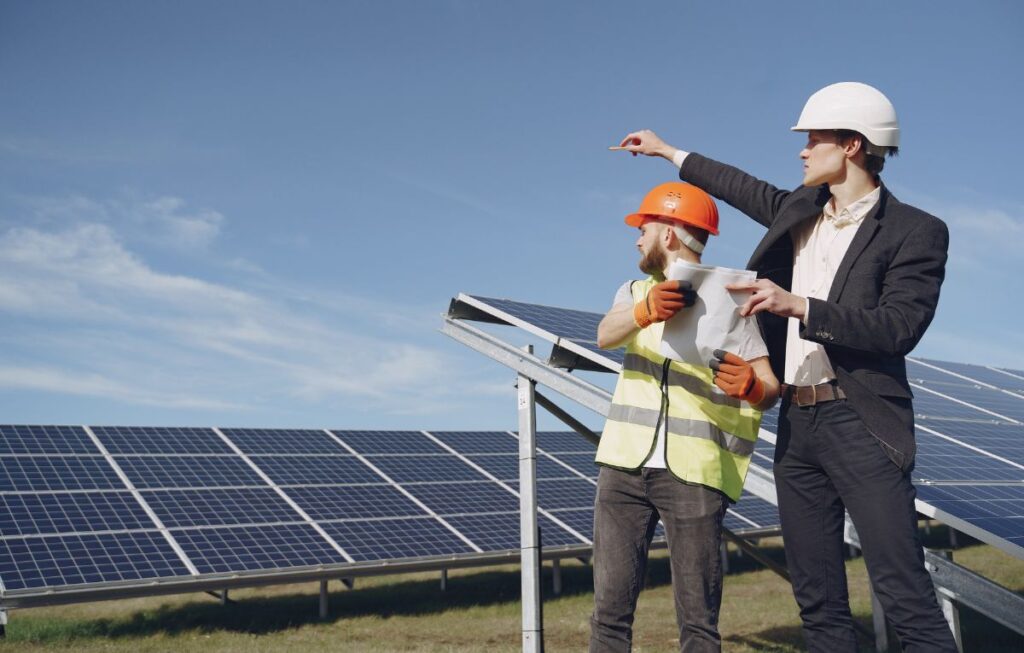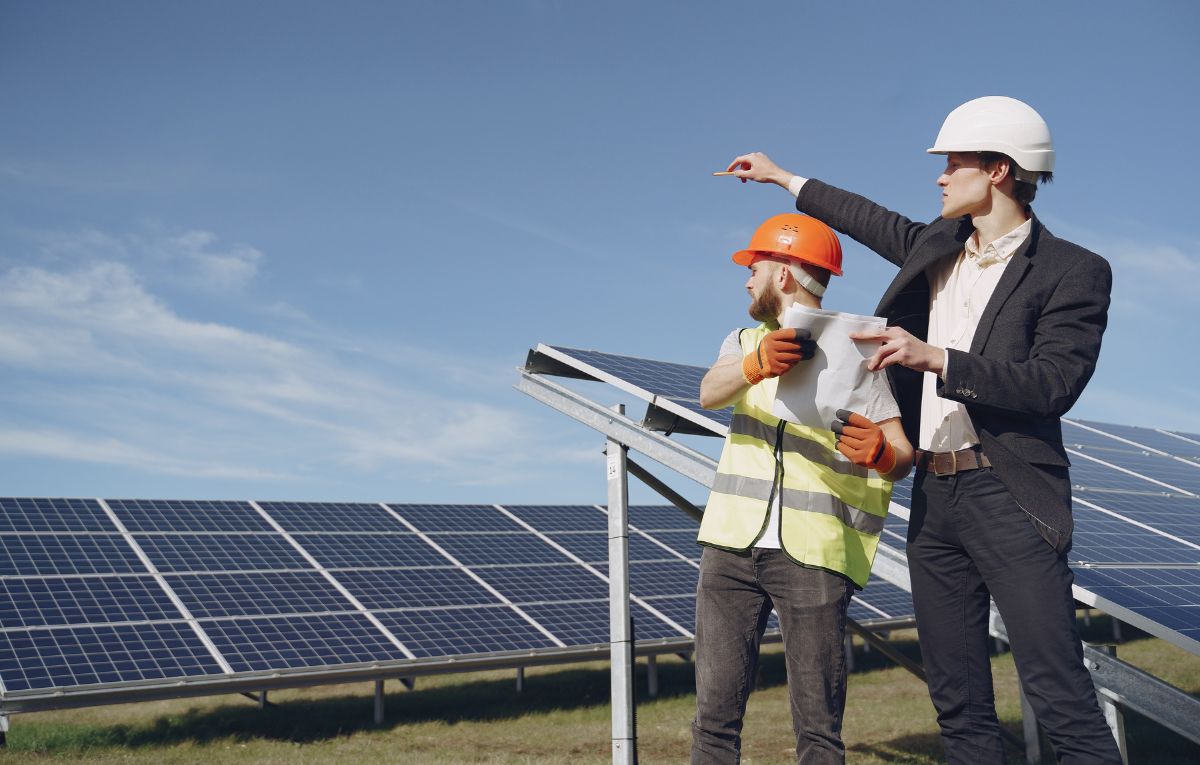Calculating the size of a solar system tailored to meet specific energy needs is a fundamental step in the journey toward harnessing solar power.
New York State Solar Farm helps individuals and businesses understand key factors and make informed decisions to maximize the benefits of solar energy.
Understand Your Energy Consumption
The foundation of sizing a solar system begins with understanding your energy consumption patterns. By examining your utility bills, you can gather valuable data on your monthly or yearly electricity usage measured in kilowatt-hours (kWh). This information provides a baseline for determining the size of the solar system required to offset your energy needs.
To get a more accurate picture of your energy consumption, consider analyzing your usage patterns throughout the day and across different seasons. This data can help identify peak usage times and fluctuations in energy demand, allowing for a more precise sizing of the solar system.
Assess Available Roof Space
Once you have an idea of your energy consumption, the next step is to assess the available roof space for installing solar panels. The size and orientation of your roof play a crucial role in determining the number of panels that can be accommodated and their optimal positioning for sunlight exposure. Factors such as shading from nearby trees or buildings should also be taken into consideration, as they can impact the system’s performance.
When assessing your roof space, pay attention to any obstructions that may obstruct sunlight, such as chimneys, vents, or skylights. While some obstructions can be worked around, others may require adjustments to the solar panel layout or placement. Additionally, consider the condition of your roof and whether any repairs or replacements are needed before installing solar panels.
Determine Solar Panel Efficiency
Solar panels come in varying levels of efficiency, which directly influence their electricity-generating capabilities. Higher-efficiency panels produce more electricity in limited space, making them ideal for installations with space constraints. However, it’s important to weigh the benefits of higher efficiency against the potential increase in cost.
When choosing solar panels, consider factors such as their efficiency ratings, warranties, and manufacturer reputation. While higher efficiency panels may come with a higher upfront cost, they can offer greater long-term returns by maximizing energy production and savings on your electricity bills.
Consider Solar Irradiance
Solar irradiance, or the amount of sunlight available at a specific location, is a critical factor in determining the energy production of a solar system. Different regions receive varying levels of sunlight throughout the year, which directly impacts the performance of solar panels. Utilizing tools such as solar irradiance maps can help estimate the amount of sunlight your location receives, allowing for more accurate system sizing and performance predictions.
When assessing solar irradiance, consider factors such as the angle and orientation of your roof, as well as any potential obstructions that may cast shadows on the solar panels. By optimizing the positioning of the panels to maximize sunlight exposure, you can enhance the energy production and efficiency of your solar system.
Factor in System Losses
Despite their efficiency, solar systems experience losses due to various factors such as shading, dust accumulation, and inefficiencies in electrical components. It’s essential to account for these losses when sizing the system to ensure it can reliably meet your energy needs.
Incorporate a Safety Margin
One way to factor in system losses is to incorporate a safety margin or oversize the system. By intentionally selecting solar panels and other components with a slightly higher capacity than strictly necessary, you can compensate for potential losses and ensure that the system still meets your energy needs under less-than-ideal conditions.
Assess Shading Issues
It’s essential to assess and minimize shading issues during the installation process. This may involve trimming trees, adjusting the angle or positioning of solar panels, or using technologies such as microinverters or power optimizers to mitigate the impact of shading on system performance.
Regular Maintenance
Regular maintenance, such as cleaning panels to remove dust and debris, also helps minimize losses and maximize energy production over time. By staying proactive and addressing potential sources of inefficiency, you can optimize the performance and longevity of your solar power system while ensuring that it reliably meets your energy needs.
Consult with a Solar Professional
While you can perform preliminary calculations on your own, consulting with a solar professional is highly recommended for accurate system sizing and design. Solar experts have the knowledge and tools to assess your specific requirements, including site conditions, energy consumption patterns, and budget constraints.
During a consultation, a solar professional can conduct a thorough assessment of your property, taking into account factors such as roof orientation, shading, and local regulations. Based on this assessment, they can provide customized recommendations on system size, panel placement, and component selection to maximize energy production and return on investment.
Solar Power Installers | New York State Solar Farm
Sizing a solar system requires careful consideration of various factors, including energy consumption, available roof space, solar panel efficiency, solar irradiance, and system losses. By consulting with a solar professional, you can accurately determine the size of a solar system needed to meet your energy needs effectively.
Whether you’re looking to reduce your carbon footprint, lower your electricity bills, or achieve energy independence, solar power offers a sustainable solution with long-term benefits. At New York State Solar Farm, we’re dedicated to helping you harness the power of the sun with custom-designed solar solutions tailored to your needs.
Our team of experts specializes in residential and commercial solar installations, providing comprehensive services from initial consultation to system design and installation. Contact us today to schedule a consultation and take the first step towards a brighter, more sustainable future.


